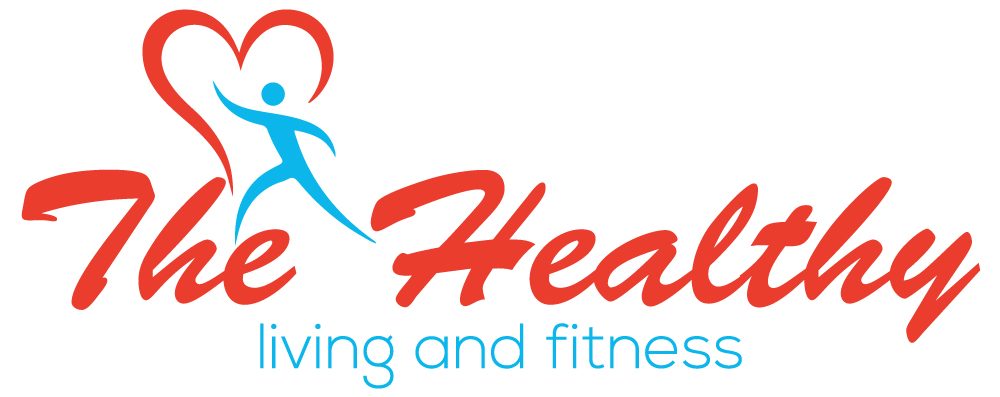You may be right in thinking that an anxiety disorder is a mental health condition and so therefore the symptoms must occur inside the brain; however, it isn’t uncommon for patients to manifest their anxiety through physical symptoms too. This can cause a lot of distress and actually exacerbate the problem as sufferers begin to worry about their physical symptoms alongside their initial anxiety. Read on as we explain some of the physical symptoms that those with an anxiety disorder may present with…
What is anxiety?
Anxiety is the body’s way of coping with stressful or uncomfortable situations, and it triggers the ‘fight or flight’ response in order to get us to safety. It is usually called into action when we believe we are in danger, but anxiety disorders are unpredictable, and this response may occur without warning. The release of hormones sends the neurotransmitters in the brain a message and your heart will start pumping faster, you may breathe a lot quicker and may notice increased perspiration. All of these symptoms are fairly normal with minor anxiety, such as that experienced prior to a job interview, and also with severe anxiety, the type that causes spontaneous panic attacks.
Anxiety can affect digestion
When these hormones are sent out as a result of anxiety, they can affect almost every system in the human body – including the digestive system. It is not uncommon for anxiety sufferers to have bouts of stomach pain coupled with constipation or diarrhoea and even suffer from upper GI issues like heartburn and nausea. In fact, these symptoms can become so severe that some people end up going to A&E to seek emergency treatment, only to be told that there is no physical cause for the pain.
Muscle Tension
When the body’s ‘fight or flight’ response is triggered, the muscles will naturally begin to contract in order to send blood and oxygen around the body. The problem with this is that the body can sometimes ‘forget’ to ease this tension once the ‘fight or flight’ response has eased, causing the sufferer long-term pain, discomfort and even mobility problems. This tension often manifests as a permanent dull ‘ache’ and typically affects the head, neck, throat, shoulders and back.
It often goes unsaid that mental health and physical health go hand in hand, and the fact that your brain can have such a significant impact on your body may be a tough pill to swallow. With this said, mindfulness, meditation and regular exercise are great natural remedies for minor anxiety in order to prevent it manifesting as physical symptoms, such as the ones listed above. With that said, if you believe that you may be suffering from severe anxiety then you should always seek the help of a mental health professional too.
